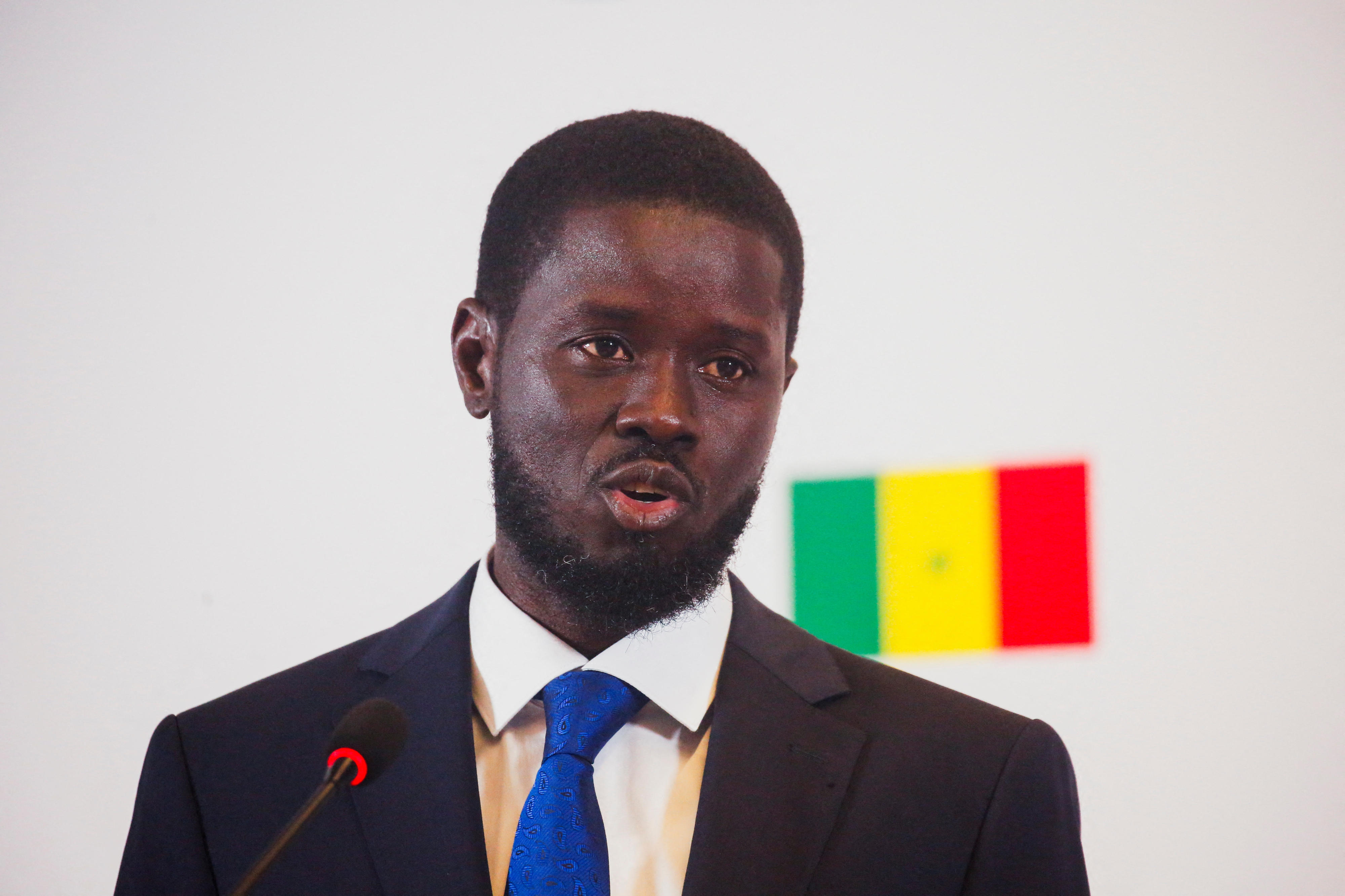Prime
Lawyers reject Constitutional Amendment Bill

ULS president Francis Gimara
Kampala- Lawyers under their umbrella association Uganda Law Society (ULS) have shot down the proposed Constitutional Amendment Bill 2017 that was recently tabled before Parliament branding it “problematic, unnecessary and unconstitutional”.
Government recently tabled a controversial bill to amend Article 26 of the Constitution to allow forceful acquisition of private land for infrastructure development but the proposal triggered instant wide-range backlash from legislators.
Government argues that the proposed law will be the definitive solution to infrastructural projects delayed by wrangling over compensation.
However, MPs have warned that it could be a ploy to grab private land.
Lands minister Betty Amongi and Deputy Attorney General Mwesigwa Rukutana have twice tried in futility to defend the Bill before Parliament’s Legal Committee.
Last Friday, ULS was the latest group to disapprove the Bill and demanded for its withdrawal.
The association suggested that government uses provisions under the Land Acquisition Act to resolve disputes over compensation.
ULS president Francis Gimara warned that if it is passed in its current state, the Bill would be declared unconstitutional by the Constitutional Court.
“Parliament cannot make an amendment which negates fair and adequate compensation prior to taking property. This is clearly unconstitutional and by depriving a property owner the right to access court to challenge the appropriation amounts to amending Article 28(1) and Article 44(C) by implication,” Mr Gimara said.
He said the Bill infringes on the fundamental rights of people to own property and since the property is forcefully taken from the owner, it deprives them from accessing court for protection of their rights.
On compensation-related disputes, Mr Gimara advised government to borrow a leaf from other jurisdictions such as Kenya and enact a law that provides for the formation of a credible professional body to take charge of valuation.
Key among the infrastructural projects that have stalled due to compensation wrangles is the Kampala-Entebbe Expressway that was due to be completed in December 2016 but was deferred to May 2018.
According to Mr Gimara, introducing a comprehensive land acquisition Bill will help address all government concerns since there will be a time framework for exhaustion of compensation disputes to enable government projects to be undertaken.
On the proposal to deposit money in court if a dispute over compensation arises, Mr Gimara argued that this does not amount to compensation because courts can only receive money after adjudicating and making a finding on a dispute.
“Once some compensation is deposited into court an owner loses the right to his/her property, so rights and freedoms are enforceable by courts of law and not determined by depositing money in court,” Mr Gimara explained.




